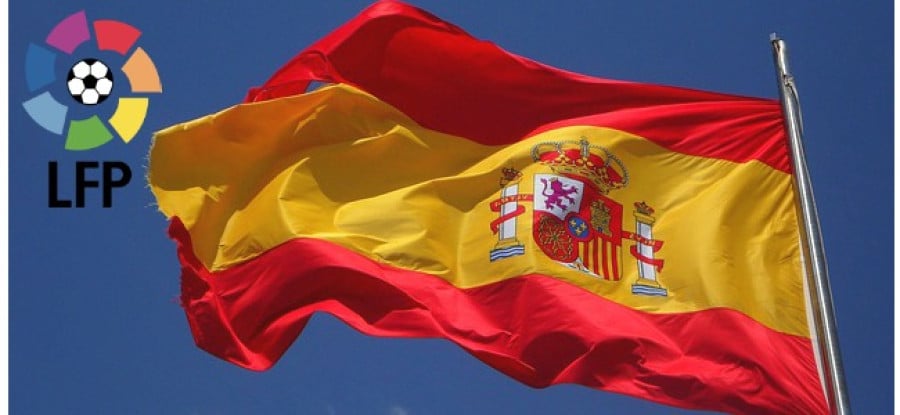La Liga’s media rights: the new law that prompted suspension of Spanish football

In the past month, the Spanish Government has approved a Royal Decree1 relating to the sale of the media rights of Spanish football clubs.
The new law will implement a system of collective commercialisation, and will channel fixed percentages of the revenue generated by the sale of media rights toward the secondary Spanish football league, and towards other specified purposes, with the aim of promoting the sport from grassroots up to professional level.
The practice of collective selling of media rights in football is well-established amongst La Liga’s European counterparts. Italy, France, and England have all adopted this approach and consistently generate significantly higher total media rights revenue than Spain. The English Premier League, for example, recently concluded a collective TV rights deal for 2016-2019 with Sky and BT Sport worth over £5.1 billion.2 Last season, Italy’s Serie A received a total of €846 million from the sale of media rights, compared to La Liga’s €800 million.3
Yet the proposal, and subsequent approval, of the Royal Decree prompted a dramatic “power struggle”4 amongst Spanish Football’s governing bodies and stakeholders, which culminated in the declaration of strike action by la Real Federación Española de Fútbol (the Spanish Football Federation (“RFEF”)) supported by the Asociación de Futbolistas Españoles (“AFE”) and a number of high profile Spanish players.
Spain’s National Football League, la Liga Nacional de Fútbol Profesional (“LFP”), which strongly supports the collective bargaining system introduced by the Royal Decree, brought proceedings before the Spanish courts challenging the legality of the strike. On 14 May, the Spanish high court ruled in favour of the LFP, ordering the RFEF and AFE to call off the strike.
This article examines the mechanics of the reform, the content of the new law (including the revenue split), and the timetable for change.
The status quo
The existing Spanish legislation governing the sale of media rights allows individual clubs to negotiate their own contracts with television broadcasters for the rights to show games. This system has repeatedly seen La Liga’s two top clubs, Real Madrid and Barcelona, together take almost half of media rights revenue relating to La Liga.
A move to collective bargaining had been in the pipeline for a number of years,5 with Barcelona and Real Madrid previously signing an agreement to redistribute a portion of the revenue by lowering their 42% stake to 34%.
Whilst many of the stakeholders in Spanish Football continue to recognise the benefits of a move to collective bargaining, a key source of contention was the ratio of revenue split. The AFE, for example, contended6 that a greater share should be reserved for distribution to the clubs playing in the second division.
To continue reading or watching login or register here
Already a member? Sign in
Get access to all of the expert analysis and commentary at LawInSport including articles, webinars, conference videos and podcast transcripts. Find out more here.
- Tags: Asociación de Futbolistas Españoles (AFE) | Commercial Law | England | FIFA | FIFA Regulations on the Status and Transfer of Players | Football | Governance | La Liga Nacional de Fútbol Profesional (LFP) | Premier League | Regulation | Spain
Related Articles
- The Spanish CNMC imposed fines on football clubs Barcelona, Real Madrid, Racing de Santander and Sevilla and TV broadcaster Mediapro
- What does Ofcom’s investigation into Premier League broadcasting rights mean for stakeholders?
- How could the rising Premier League broadcasting revenue impact clubs' compliance with Financial Fair Play?
- Video technology in sports adjudication: Part 2 – use on the sports field
Written by
Lloyd Thomas
Lloyd Thomas is an associate in Squire Patton Boggs’ Litigation department and is part of the Sports Law team based in its London office.
Rosie Duckworth
Fernando González
Fernando González leads the dispute resolution and intellectual property team in Squire Patton Boggs’ office in Madrid. Fernando has more than 25 years of litigation experience in commercial and IP law. He represents clients around the world in international arbitration proceedings.




